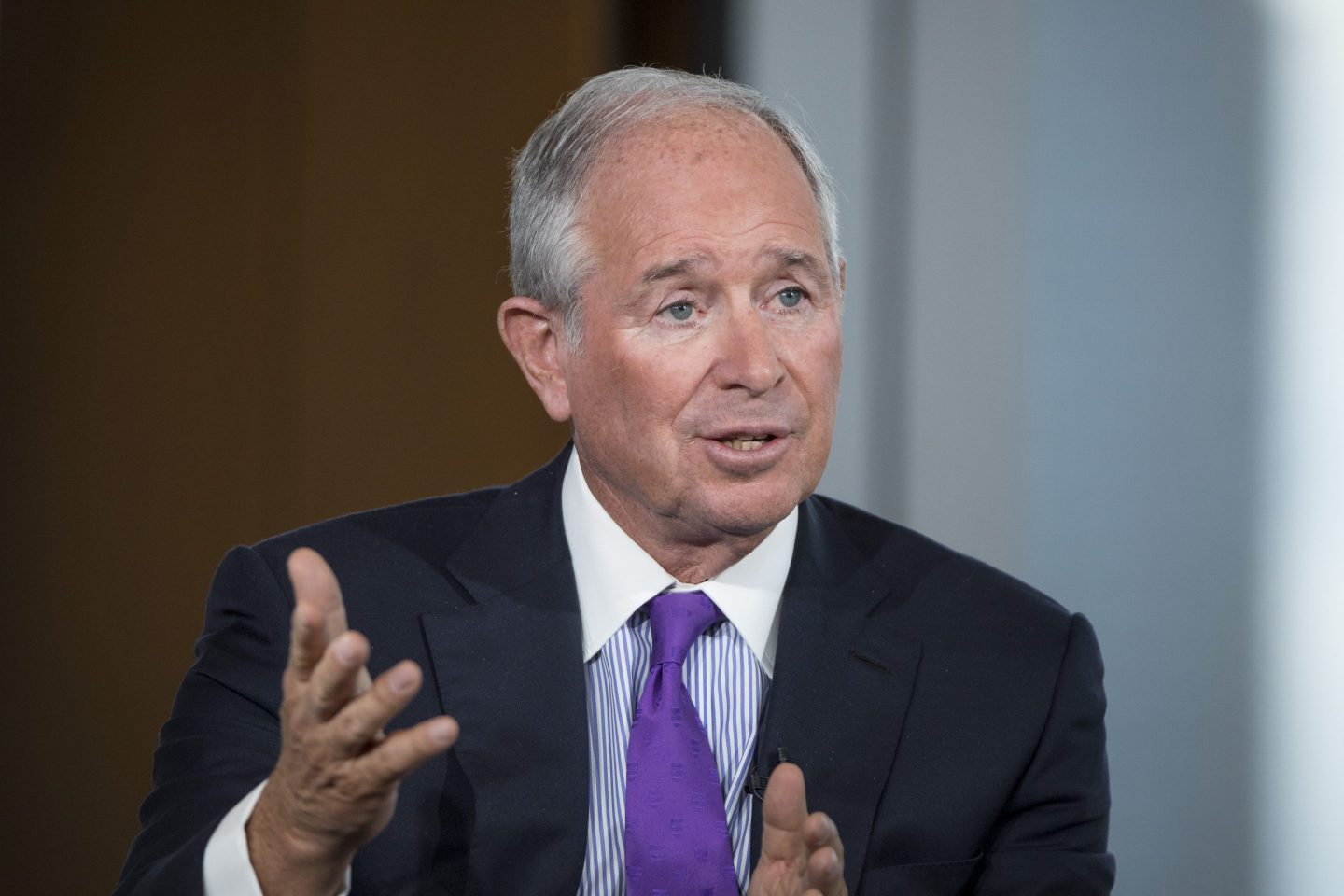At his first earnings call as Nike’s CEO, Elliott Hill outlined his vision for the company behind the iconic “Just Do It” slogan.
Chiefly, he said, Nike would return to its core foundation and primary revenue driver: sport and the athlete. “We lost our obsession with sport. Moving forward, we will lead with sport and put the athlete at the center of every decision.”
Nike’s top priorities include revitalizing product development and design through athlete insights, reinvesting in brand storytelling to forge emotional connections with consumers during major sports moments, and refining its consumer marketplace strategy to provide a seamless shopping experience while maximizing reach.
In the short term, Nike will focus most acutely on five key sports categories: running, basketball, training, football, and sportswear. And although the company operates in nearly 190 countries, Hill plans to sharpen its efforts in three key markets.
“We’re at our best when we have a sharp focus on where we’re going…and a timeframe,” Hill told Fortune in a wide-ranging video interview—his first since coming out of retirement last October to lead the company he’d spent his entire adult professional life.
Hill rejoined Nike after a turbulent 2024, during which the company saw year-over-year sales declines for three consecutive quarters across all geographies. By year-end, Nike’s stock had plummeted nearly 60% from its November 2021 peak, an upswing and a downturn that both unfolded under his predecessor, John Donahoe.
It’s not all too surprising then that the company is returning to its sports roots, doubling down on a strategy and brand identity that transformed it from a $3 billion business in 1990 to one now valued at over $105 billion.
In his first 60 days back, Hill met with commissioners of major sports leagues, including the NFL, NBA, WNBA, MLB, and NWSL. He also connected with leaders of top NCAA conferences, teams like Paris Saint-Germain Football Club, and athletes past and present, including Michael Jordan, Ronaldo Nazário, Sabrina Ionescu, and A’ja Wilson. Hill describes athletes as Nike’s “creative fuel,” driving product innovation, marketing, and revenue.
Last year, Nike made headlines by signing former Iowa star and WNBA No. 1 draft pick Caitlin Clark to an eight-year, $28 million endorsement deal, reportedly the largest ever for a women’s basketball player. The company sees significant opportunities in women’s sports, driven by record-breaking viewership and ticket sales in women’s basketball.
Nike sees additional opportunities to move forcefully into women’s sports, citing the cultural phenomenon of women’s basketball, with record-breaking viewership and ticket sales.
“The best innovation comes from an athlete—how to make them run faster, jump higher, be safer, move quicker,” Hill said. For Nike, success lies in unlocking human potential and performance. “We’re at our finest when we put athletes at the center of everything we do.”












